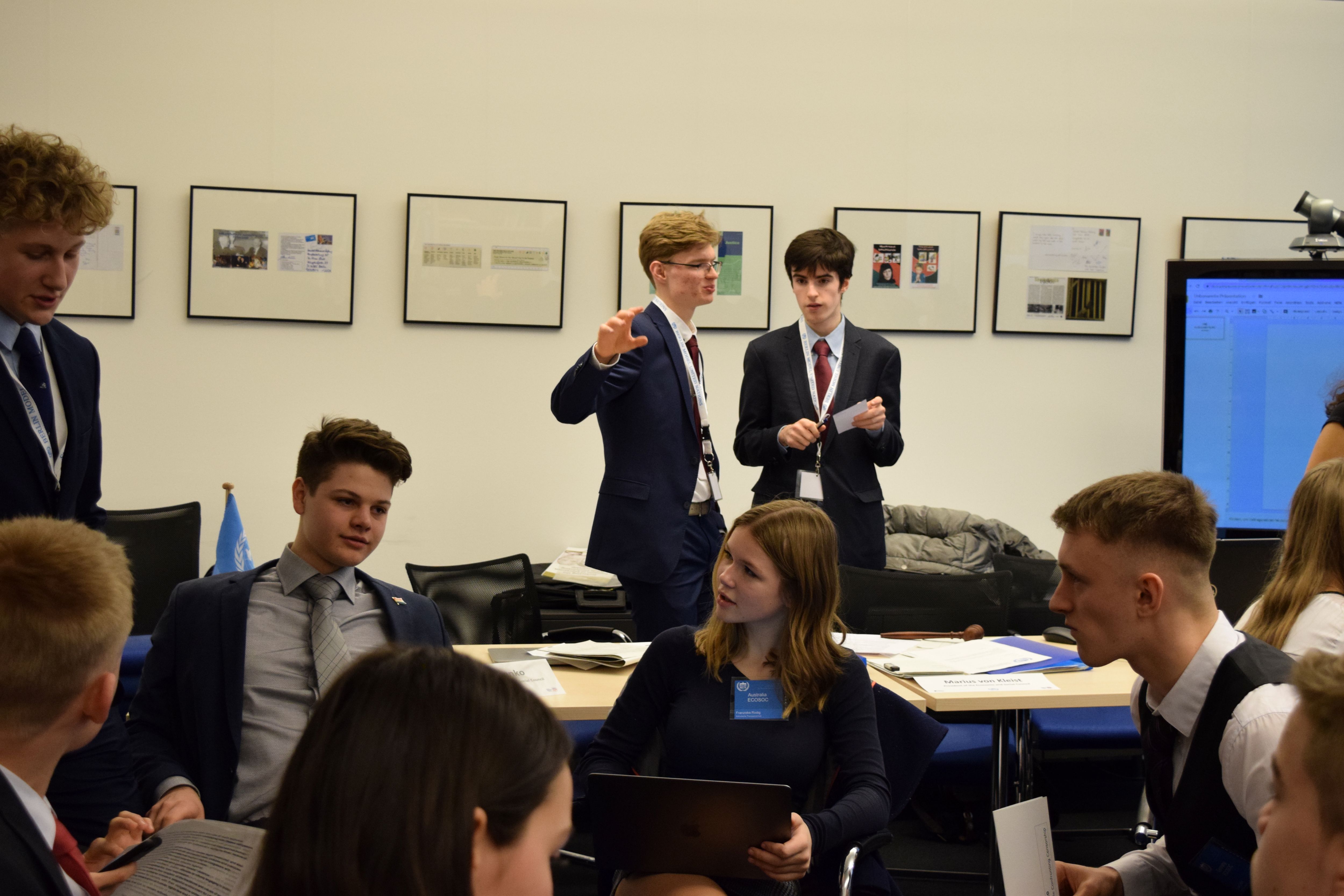This conference we will examine “free opinion and expression” as guaranteed by Article 19 of the Universal Declaration of Human Rights. Our banner theme is “Protecting the Freedom of Expression while Confronting Censorship.” While most believe that the freedom of expression should be protected, most do not think that freedom is “absolute” and tolerate some degree of “limitation”. The UN, for example, recognizes limits to the freedom of expression in cases where there are threats to national security, public health, public order, or to the rights or reputations of others.
Secretary-General Antonio Guterres has said that “hate speech has been a precursor to atrocity crimes, including genocide”. The UN has a responsibility to uphold both security and liberty in the international community. To what extent are these mutually exclusive?
In recent years, both the scope and significance of this issue have shifted. The rise of the internet has given a new urgency to confronting censorship, as it simultaneously increases the opportunity for any individual to voice their opinion with little to no accountability, and yet offers possibilities for governments and companies to monitor and control the flow of information.
In the light of this, governments and corporations may bear newfound responsibilities. In times of crisis, is it “censorship” when governments resort to shutting down the internet? How should social media platforms like Facebook, Twitter, etc. address the proliferation of “fake news”, “alternative facts”, and hate speech? Should we expect companies or governments to stop truth from becoming a rare luxury? Internet platforms now hold similar power and influence as government bodies. Do such platforms have the same obligations as news media? Will laws that are passed to suppress hate speech later be used by a subsequent or different government to censor? Or does this burden of responsibility belong to civil society, such as in the US Civil Rights Movement or call-out/cancel culture, rather than to governments and large corporations?
In an age where oppressive regimes quell critical voices, where hate speech and lies are rampant, it is imperative we consider what kinds of limitations on speech violate and which protect human rights. With the world divided on what standards of expression are acceptable, is it possible to wield the power of limitation reasonably, if at all? At BERMUN2, we will debate and strive to find solutions for these questions.
Secretariat:
Malka Beere, SG
Jakob Reuter, PGA
Conrad Chisolm, DSG
Finn Kraft, DSG






